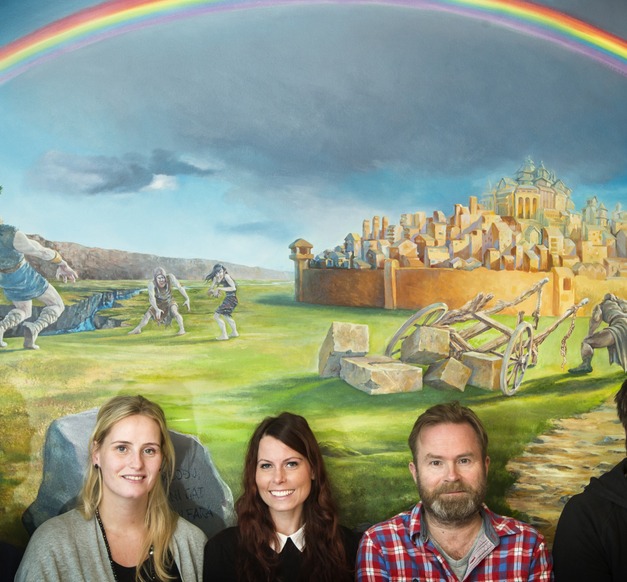"We use information technology a great deal in Career counselling and guidance. Information systems on studies and careers are online and the part played by social media is constantly increasing; Facebook, email etc. What used to take place in an actual room has now been taken over or supplemented by technology. The game is perhaps the next logical step in that development," says Sif Einarsdóttir, Professor at the Faculty of Social and Human Sciences, about Youth@work, a European collaboration project funded by Erasmus+.
The aim of the project is to design and develop a computer game that helps young people make decisions regarding their education and career. Participants come from educational institutions all over Europe; Scotland, England, the Netherlands, Romania and Iceland. They are experts in various fields, including education science, computer game design, and career counselling and guidance.
Sif Einarsdóttir
The aim of the project is to design and develop a computer game that helps young people make decisions regarding their education and career.

Sif's contribution is mainly to secure a place for the ideology of career counselling and guidance within the computer game. "Career counselling and guidance aims at helping people devleop their own career. Normally people seek the assistance of career and guidance counsellors when there are changes ahead; when students are changing schools - especially between education levels. The basic ideology of career counselling is to know yourself, know your interests, value and abilities. Furthermore, you need to now the work environment and education system to see what opportunities lie there."
The target group of the game is young people in upper secondary schools, as well has seniors in primary schools. The game will be accessible online once finished. The academic aspect of the game has been completed, and currently the digital environment is being developed, i.e. the virtual world where participants can actively participate. As this is an international collaboration the game will be published in Icelandic among other languages and should work in different countries and cultures. There were certain challenges involved in making the game international. "One question is the environment, how should it be. Houses in Scotland differ a great deal from houses in Iceland. Furthermore, we tried to avoid using jobs on trains as they do not exist in all countries."


